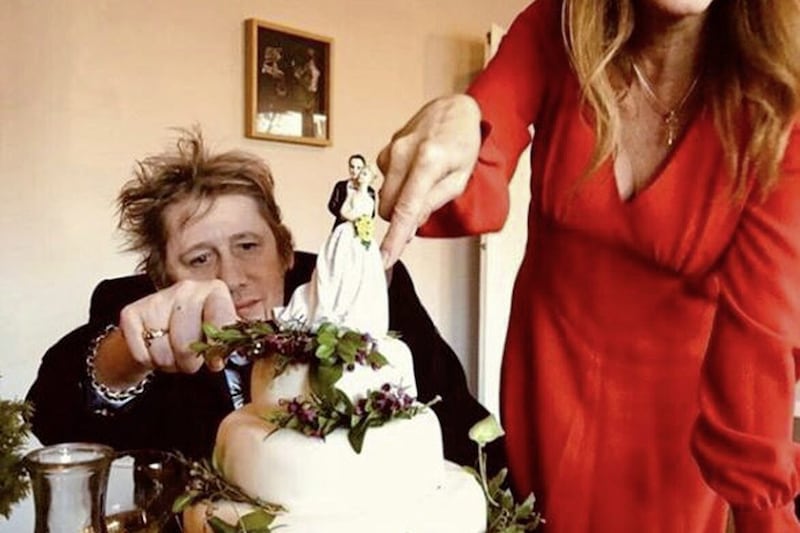Desert Island Discs
BBC Radio 4
WAR correspondents are a different breed.
They have such courage – these journalists like Orla Guerin who take such risks to bring the rest of us the truth about war.
Jeremy Bowen, the BBC's international editor, has reported from, yes, Belfast and from Afghanistan, El Salvador and the Middle East.
Journalism was in his blood, he said, in this episode of Desert Island Discs. His mother was a press photographer, his father a reporter. As a child, he fell asleep to the clatter of his father's manual typewriter.
He remembered his father returning from three days reporting on the Aberfan disaster, exhausted and caked in the black slurry from the coal tip disaster in which 116 children and 28 adults were killed.
As a young man, the first time he heard shots he felt excited, as if the volume had been turned up on life. In his late 20s, he felt indestructible.
Some events stay with you forever. He was a witness to a bombing in Baghdad that London and the Pentagon said was a military command centre. What he saw was a bomb shelter and the bodies of women, children and old men being carried out.
There were no soldiers and no evidence of a military command centre and that is what he reported.
"I knew I was right. I had been there and seen it... I had no doubts in my own mind that my journalism was good."
He took the flak for telling the truth.
But the pivotal moment in this Desert Island Discs was the attack by the Israeli Army in Lebanon in which his friend and colleague Abed Takkoush was killed.
There were three of them together and they had been lulled into a false sense of ease because the Israelis had withdrawn from the south of the country after about 20 years – it was like a wedding, people were celebrating.
He was with Abed and another colleague driving along winding roads close to the Israeli border when he thought he'd stop to do a piece to camera.
Two of them walked 50 yards away. Abed was on his phone to his son in the car when the Israelis hit it with a tank shell.
Bowen was both thoughtful and honest about how cancer and severe depression have had their toll but have left him a "glass half full" person.
This was an interesting take on what makes a war correspondent tick, how much we need them to tell us the truth... and the price they pay.






